Do you ever feel guilty about the things you do? Whether it’s eating unhealthy foods, not spending enough time with your family, or cheating on a test, guilt can be a major obstacle in our lives. In this blog post, we will discuss some tips and tricks for dealing with guilt. We will also explore the different causes of guilt and how to overcome them. If you’re struggling with guilt, don’t worry – you’re not alone!
Contents
What Is Guilt?
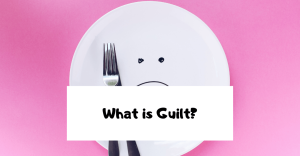 Guilt is a very common emotion that can be triggered by many different things. It is often described as a feeling of remorse or regret that you have for something that you have done, or haven’t done. It can also arise from feelings of inadequacy or self-doubt. This also frequently occurs in conjunction with other emotions, such as shame, sadness, or anger. This guilt also means that the person is likely to feel bad about themselves and their actions. This can be a very debilitating emotion and can lead to problems in both personal and professional life.
Guilt is a very common emotion that can be triggered by many different things. It is often described as a feeling of remorse or regret that you have for something that you have done, or haven’t done. It can also arise from feelings of inadequacy or self-doubt. This also frequently occurs in conjunction with other emotions, such as shame, sadness, or anger. This guilt also means that the person is likely to feel bad about themselves and their actions. This can be a very debilitating emotion and can lead to problems in both personal and professional life.
Types of Guilt
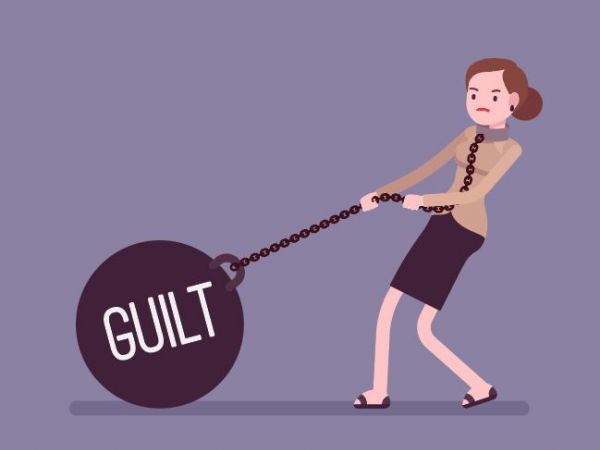
There are mainly two types of guilt:
Positive Guilt
This type is usually associated with good deeds. It is the feeling you get after doing something that you believe is right, but that also has a personal cost to you. This type of guilt can be motivating and can drive people to do more good in the world. This type also usually comes with a sense of satisfaction.
Negative Guilt
This type is usually associated with bad deeds. It is the feeling you get after doing something that you believe is wrong, and that also has a personal cost to you. This type of guilt can be very destructive and lead to feelings of shame, regret, and self-loathing. This type of guilt often feels like a weight on your chest that you can’t shake off.
Different Categories In Guilt
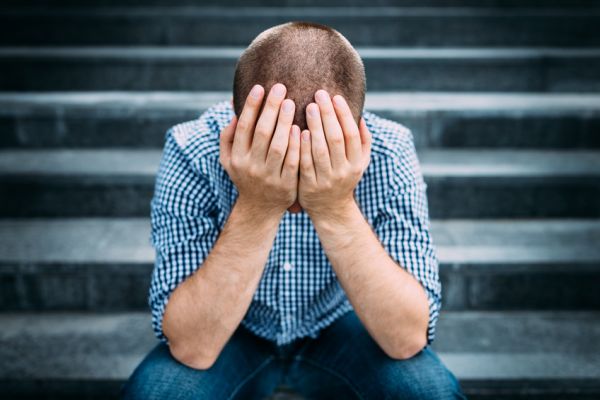
There can be many different categories in this. Some of these include:
Guilt Over Things You Have Done In The Past
These are the types of guilt that are the hardest to deal with. This is because you can’t undo what has been done, and you often have to live with the consequences. Guilt over things in the past can keep you up at night, and make it hard for you to enjoy life.
Guilt Over Things You Are Doing In The Present
This type of guilt is usually triggered by things that we know are wrong, but that we do anyway. This guilt can be very paralyzing and prevent us from taking action. It can also lead to feelings of shame and self-loathing.
Guilt Over Things You Will Do In The Future
This type of guilt is usually based on fears or worries about the future. This type of guilt can be very damaging because it can prevent you from living in the present. It can also lead to anxiety and depression.
Guilt About Your Own Thoughts, Feelings, Or Actions
This type is often based on unrealistic expectations that we have for ourselves. This guilt can be very damaging because it can lead to feelings of shame and self-hatred.
Guilt About How You Treat Other People
This type of is usually based on the belief that you are not living up to your own values or standards. This type of guilt can be very motivating and can drive people to do better in their relationships.
Signs And Symptoms of Guilt
There are many signs and symptoms of guilt. Some of these are:
Feelings of Shame
This is the feeling that you are bad or unworthy. Furthermore, it is often based on the belief that you have done something wrong. This also means that you are likely to feel bad about yourself and your actions.
Feelings of Regret
This is the feeling that you wish you could go back in time and undo what has been done. This can often be accompanied by feelings of sadness, frustration, and anger. This can also prevent you from enjoying life.
Self-Blame
This is the feeling that you are responsible for what has happened. It can often lead to feelings of isolation and hopelessness. Sometimes, self-blame can also be based on unrealistic expectations.
Distrust of Oneself
This is the belief that you are not capable of making good decisions and that you will always make the wrong choice. It can often lead to feelings of insecurity and helplessness.
Physical Symptoms
Some people experience physical symptoms such as headaches, nausea, or a racing heart when they feel guilty. This is because guilt is an intense emotion that can activate the stress response in the body. These physical symptoms are often called “guilt symptoms.”
Causes of Guilt

There can be many causes of guilt. Some of these include:
Having Unrealistic Expectations
This is the belief that you should be able to do everything perfectly, and that you are a bad person if you don’t meet these expectations. Sometimes, this can be based on the expectations of others.
Feeling Responsible For Everything
This is the belief that you are responsible for things that are not your fault. This often leads to feelings of guilt, anxiety, and depression. Sometimes, this can also be caused by past traumas.
Making Mistakes
This is the belief that you are not good enough and that you will always make mistakes. This can often lead to feelings of guilt and self-hatred. This also can prevent you from taking action. Sometimes, guilt can also be based on unrealistic expectations.
Having Negative Beliefs About Yourself
This is the belief that you are not good enough or worthy of love and respect. This often leads to feelings of guilt and self-hatred.
Worrying About What Other People Think Of You
This is the belief that you are not good enough and that you need other people’s approval in order to feel okay about yourself. This can often lead to feelings of guilt and anxiety.
Failing to Meet Your Own Standards
This is the belief that you are not good enough and that you will never be good enough. This can often lead to feelings of guilt and self-hatred. This can also prevent you from taking action.
Failing To Meet Other’s Expectations
Sometimes one also fails to meet the expectations of other people. This guilt is usually based on the belief that you are not living up to your own values or standards. It can also be very motivating and can drive people to do better in their relationships.
Impacts of Guilt On People
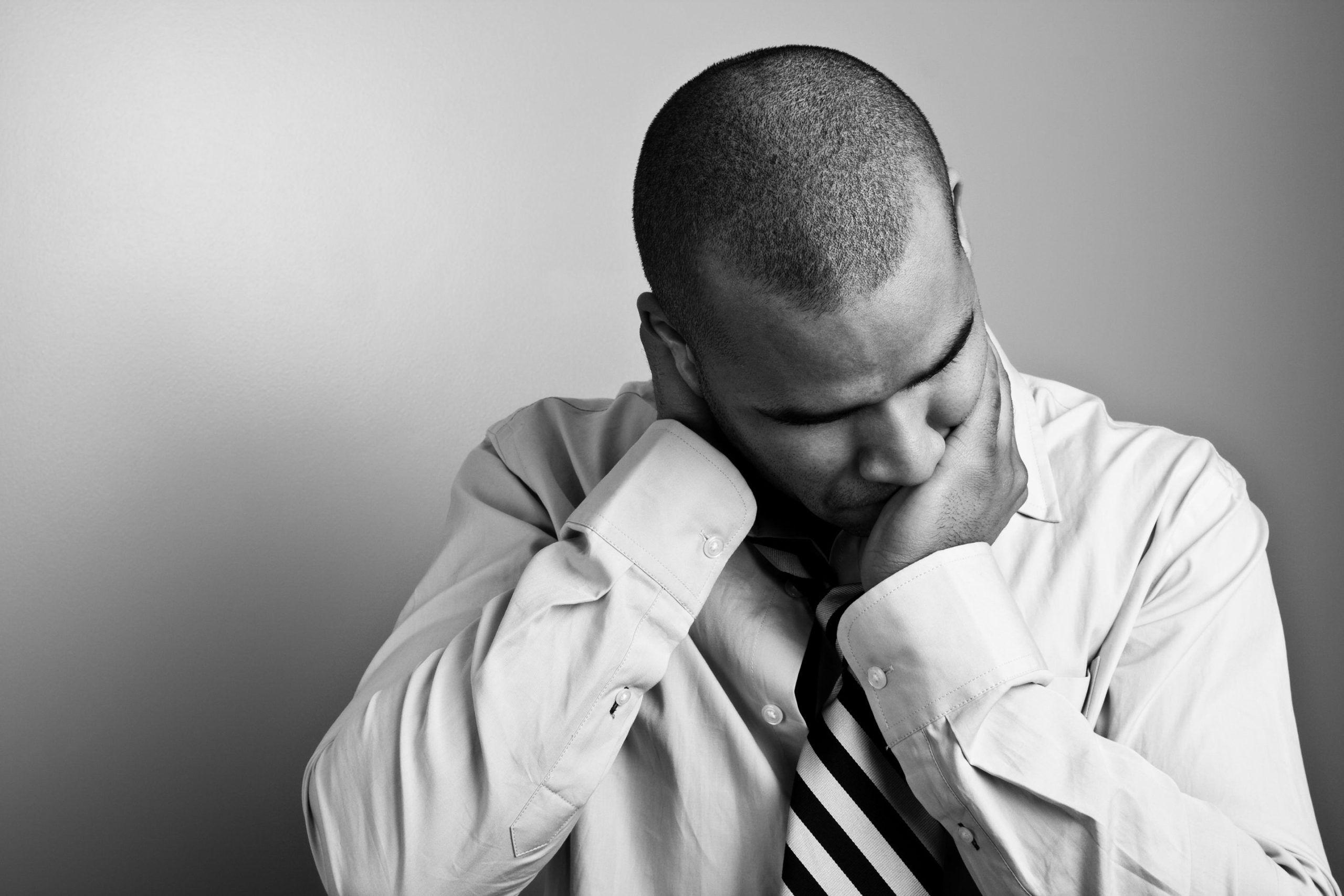
There can be many impacts of guilt on people. It can be very damaging to one’s mental and emotional health. Some of these are:
Impacts On Mental Health
Guilt can be very damaging to mental health. It can lead to depression, anxiety, and even suicide. Guilt can also prevent people from seeking help or getting treatment for their mental health conditions. This is because people often feel ashamed or embarrassed about their mental health.
Impacts On Emotional Health
Guilt can also be very damaging to emotional health. It can lead to feeling isolated and alone, feeling like you are not good enough, and feeling like you will never be able to fix the mistake that you have made. These feelings can often lead to self-harm or suicide.
Preventing People From Living Their Life
Guilt can also prevent people from living their life to the fullest. This is because people often feel guilty about enjoying themselves when they know that they have done something wrong. They may also feel guilty about the things that they want in life and feel like they do not deserve them.
Preventing People From Taking Action
Guilt can also prevent people from taking action. This is because people often feel like they are not good enough to do anything. They may also feel like they will never be able to fix the mistake that they have made. This can prevent people from achieving their goals and dreams.
Affecting One’s Relationship
Guilt can also affect one’s relationship with others. This is because people often feel ashamed or embarrassed about the things that they have done. They may also feel like they are not good enough for the person that they are in a relationship with. This can lead to breakups and divorces.
How To Deal With Guilt?
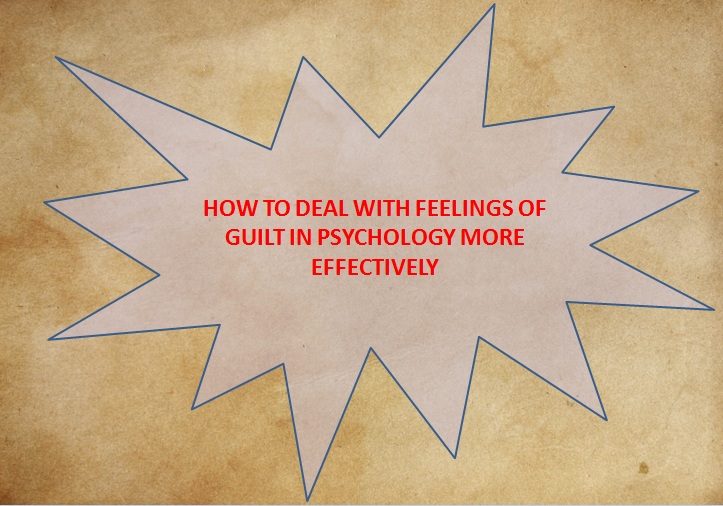
There are many ways that one can deal with guilt. Some of these include:
Acknowledging This Feeling
The first step in dealing with guilt is acknowledging the feeling. This means recognizing that you are feeling guilty and accepting it. It is important to be kind to yourself during this process and not judge yourself harshly.
Talking To Someone About It
Another way to deal with this is to talk to someone about it. This could be a friend, family member, therapist, or any other support system. Talking about the feeling can help you to process it and work through it.
Forgiving Yourself
The third way to deal with this is to forgive yourself. This means accepting that you have made a mistake and forgiving yourself for it. It is important to remember that everyone makes mistakes and that you are not perfect.
Making Amends
The fourth way to deal with this is to make amends. This means taking action to fix the mistake that you have made. It may also mean apologizing to the person that you have hurt.
Putting Things In Perspective
The fifth way to deal with this is to put things in perspective. This means looking at the situation from a different point of view. You can do this by asking yourself questions such as: “What is the worst that could happen?” and “Is this really worth feeling guilty about?”
Occupying Yourself
The sixth way to deal with this is to occupy yourself with other activities. This means doing something that takes your mind off of the situation. It can be anything from watching television to going for a walk.
Reframing Situation
The seventh way to deal with guilt is to reframe the situation. This means looking at the mistake in a different light. For example, you may see it as a learning experience or an opportunity to grow.
Conclusion
In conclusion, guilt can be a very damaging emotion. It can lead to a number of negative outcomes such as self-harm and suicide. However, there are ways that one can deal with this. These include acknowledging the feeling, talking to someone about it, forgiving oneself, making amends, putting things in perspective, and occupying oneself with other activities. By using these techniques, one can work through this and move on from the situation.
A Word From Therapy Mantra
Your mental health — your psychological, emotional, and social well-being — has an impact on every aspect of your life. Positive mental health essentially allows you to effectively deal with life’s everyday challenges.
Also, at Therapy Care, we have a team of therapists who provide affordable online therapy to assist you with issues such as depression, anxiety, stress, relationship, OCD, LGBTQ, and PTSD. You can take our mental health test. You can also book a free therapy or download our free Android or iOS app.


